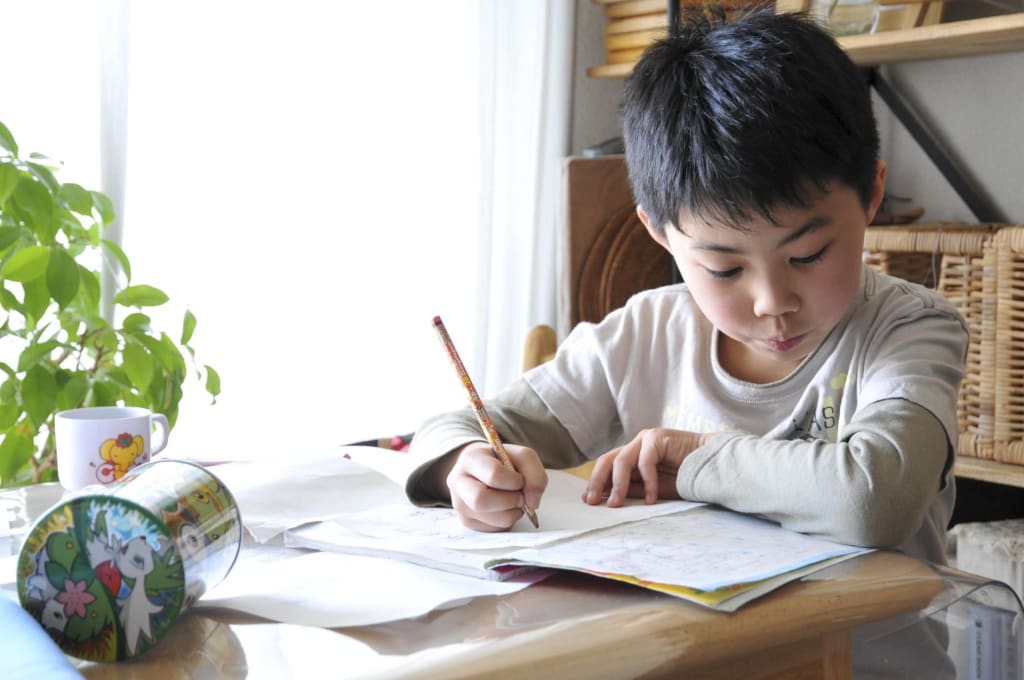
Should students get more or less homework than they currently do?
It is difficult to deny that homework has countless benefits. It helps young people to understand course material more profoundly, acquire practical skills, become responsible and self-sufficient, and learn to solve challenging tasks without teachers’ supervision. However, each good thing should be used in moderation. Some educational institutions overload learners with assignments and follow the rule “the more the better.” But it is not always the case.
Students complain that it is difficult for them to cope with current academic norms. Some professors realize that this concern is legitimate, while others believe that it is due to laziness, desire to tread the easiest path and a low responsibility level. Educators should seek a healthy balance to ensure that learners are involved in the educational process and receive comprehensive knowledge but have enough time for rest, hobbies, other important life areas.
Experts from Pro-Papers have prepared this article to show how giving fewer assignments can ensure better learning results. Check out several arguments that may inspire professors to reduce students’ workload.
Motivation to learn
Each activity becomes half less useful if it does not bring pleasure. Young people are not machines able to study day and night. They should have the opportunity to enjoy small victories and accumulate energy for the next steps. Sometimes, a teacher should better give compliments instead of new assignments, let young people know that they are talented and smart, increase their self-esteem. If education takes all person’s energy, if there is no chance to taste success, one is unlikely to approach academic responsibilities with enthusiasm.
Professors often try to compensate for material not learned in a class, i.e. their own professional failure. But homework should not replace a teacher. It should be used as one’s assistant, help learners to consolidate knowledge gained at lessons or be an introduction to the topic that will be considered at the next lecture.
Educators should choose engaging, interesting assignments instilling the love for learning in young people, developing their creative talents. Such mechanical operations as rewriting passages from textbooks are rather tedious and boring, bring no joy. That is why they should be reduced to a minimum, replaced with tasks performed passionately, for example, essays in which authors express their point of view on different phenomena and events.
Rest
It is even not worth saying academic success suffers if a person does not sleep well. Brain’s productivity depends on how rested we are. Professors sometimes forget how much time young people spend on learning. Lessons usually take place between 8 AM and 3 PM. If a learner attends extracurricular courses, one gets home at about six PM and can start doing homework at 7 to 8 PM. after dinner. If spending two to three hours with textbooks in hands and completing studies at 10 to 11 PM, a person has no time for rest, goes to bed and falls asleep. The next day repeats the previous one, life becomes gray, devoid of positive emotions and vivid impressions.
Since it is hard for young people to start doing homework right after coming home, they postpone learning and remember academic responsibilities late at night when their energy is running out, cannot study productively, make many mistakes or even refuse to perform assignments, decide that normal life with entertainment and relaxation is more important than good marks.
Educators should remember that there are many disciplines in a curriculum, other teachers also constantly provide new tasks, and young people may fail to cope with load approaching them from all sides. Overwork can undermine physical and psychological health. That is why it is sometimes reasonable to minimize the school’s effect on students’ sleep and rest, let them replenish an energy balance in order to be more productive and active at lessons.
Educating well-rounded individuals
Learning is important but still not the only life area. Each person should have things to do outside the school: some hobbies, attending sports sections or artistic clubs. The educational system can provide basic knowledge. But due to the lack of an individualized approach, it cannot satisfy all person’s needs. Spending all free time on performing standardized assignments, young people turn into robots of one model. Such citizens cannot offer something original and innovational to the society since all they think in the same way.
Reducing academic workload will provide learners with the opportunity to explore their inner world, reveal and develop genuine talents. Students will stop perceiving school as a cage they are trapped in for many years, as an enemy depriving them of youth pleasures, trying to turn them into a gray, homogenous crowd. Then they will not spend free time unproductively, playing computer games or deepening into social media, seek ways to transfer their creative energy to a higher level.



About the Creator
Ulla Blane
Hello, i am writer))) you can read my educational blog for students)))






Comments (14)
I have passion in my heart, passion for learning, passion for making new discoveries and passion for productive work, but it isn’t always like this you know, sometimes I feel sadness as well. https://sweetshuffleaarp.com https://run-1.org
You nailed it, that third paragraph was on point, exactly what I was looking for, thanks. https://taptapshots.org https://basketrandom.us
New Apple stand costs 1k : D Are they out of their minds? What is wrong with them… https://1v1lol.one https://icypurplehead3.com
My wallet is empty, my attitude is gone, but at least I have cool new Dota skins, LOL. https://bloxdio.us https://superautopets.us
Who is your favorite singer? Come on guys, list some names, let's find people with the same taste in the music. https://tetrio.us
How do I prepare for work? I put on my headphones and I enjoy my favorite music while coding scripts. https://1v1lol.one
Lifting weights is good, but if you want to burn calories you should start running. Running is the best solution to lose weight. https://aarpbubbleshooter.com
Did you see new HTC VR headset? Name of it is Cosmos and it is amazing. https://catninja-unblocked.com
Talk sense to the fool and he will hate you... You do know why I have mentioned this quote right? https://dogeminer3.one
As I find my self, in the diary of Jane. Do you guys remember this song? It is pretty awesome, isn't it? https://cubis2.co
Not like this, I’m not afraid to lose game, but not like this… https://aarpmahjonggsolitaire.com
Since I've been following you for so long, all I can do to thank you is to encourage you to play my https://madalinstuntcars.online game and enjoy driving your favorite car.
I enjoyed reading your post and found it to be extremely helpful. If you have some free time, join me in playing https://snakeio.co
The environment looks very professional https://paperminecraft.io